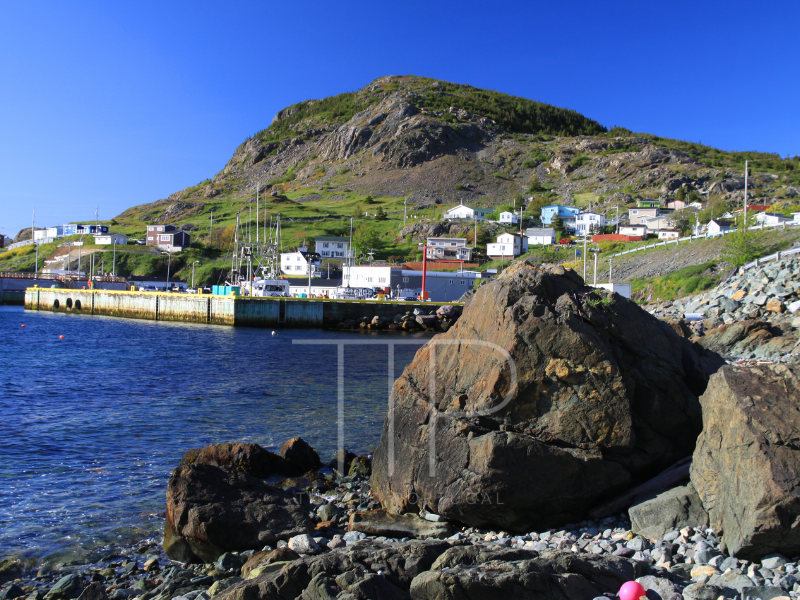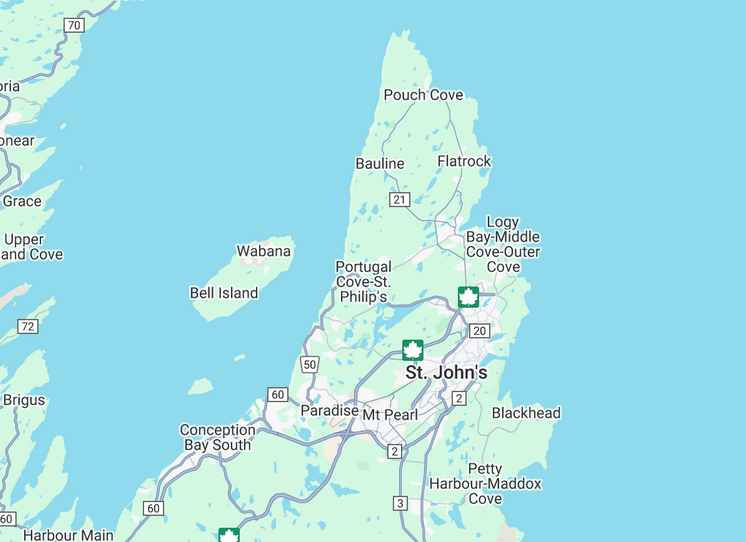Portugal Cove in Newfoundland has a rich history tied to Portuguese exploration.
Portuguese mariners were pioneers in exploring the Atlantic Ocean and had a longstanding interest in discovering new lands to the west. There is speculation that Portuguese mariners may have reached Newfoundland before John Cabot’s return to England in 1497.

João Fernandes and the Corte-Reals
João Fernandes, a landowner from the Azores, received a royal patent in 1499 and made voyages to the New World, possibly reaching Greenland in 1500. Gaspar Corte-Real, also from Terceira, made voyages to Terra Verde (likely Newfoundland) in 1500 and 1501, encountering ice and capturing aboriginal people as slaves.
João Alvares Fagundes and Colony Attempts
João Alvares Fagundes, associated with Portuguese exploration, explored the south coast of Newfoundland in 1520 and may have entered the Gulf of St. Lawrence. There are theories of an attempted Portuguese colony in the New World, with suggestions of locations like Ingonish, Cape Breton, or Mira Bay.
Settlement and Development
Early settlers of Portugal Cove had diverse English and Irish ancestry. The community’s history dates back to the early 16th century when Portuguese explorer Gasper Corte Real stopped in the area. Abbe Baudoin recorded that three families were living in Portugal Cove when Pierre Le Moyne d’Iberville raided Conception Bay in 1696. The White House in Portugal Cove is recognized as one of Canada’s Historic Places, showcasing Irish settlers’ construction techniques
In the early 17th century, London and Bristol merchants formed a company with the aim of establishing colonies in Newfoundland to secure the fishing trade and benefit mankind through the lands and profits. The first colonists arrived in August 1610, leading to the establishment of small settlements at Cupids, Harbour Grace, Carbonear, St. John’s, Ferryland, and possibly Renews by 1630.
Portugal Cove, settled by fishermen from Devon and Jersey, was captured by Pierre Le Moyne d’Iberville during Anglo-French struggles in the late 17th century. The town’s population grew significantly over the years, connected to St. John’s by a major road in 1811. It became a transportation route to Bell Island during the iron ore mining boom in the 1890s, providing employment for residents.
Modern Portugal Cove-St. Philip’s
Portugal Cove-St. Philip’s, incorporated as a town in 1992, is a rural seashore community on the Avalon Peninsula of Newfoundland. It is a bedroom community of St. John’s and operates a daily ferry service to Bell Island. The town has a rich history, being one of the oldest in Newfoundland, founded by the Portuguese and historically predominantly Roman Catholic.
Mistaken Point Ecological Reserve
Mistaken Point, located on the southeastern tip of Newfoundland’s Avalon Peninsula, is known for its unique Ediacaran fossils. Discovered in 1967, the site was designated as a fossil ecological reserve in 1987 and later became a UNESCO World Heritage Site in 2016. The area’s fossils are preserved in place on the sea floor, offering a glimpse into ancient marine life.
Portugal Cove in Newfoundland has a fascinating history intertwined with Portuguese exploration, early settlements, and significant geological discoveries at Mistaken Point. The town’s evolution reflects its deep-rooted connections to exploration, colonization, and natural heritage.
Oral History and Heritage
Oral history in Portugal Cove suggests that the town’s name may have originated from Gaspar Corte Real, a Portuguese explorer. St. Philip’s, settled in the late 18th century, saw the arrival of early settlers like John Squires and Robin Tucker. The town of Portugal Cove-St. Philip’s, amalgamated in 1992, has grown significantly and offers a blend of rural charm and modern amenities, preserving its rich history and unique landscape[1].
The early settlers of Portugal Cove in Newfoundland were a diverse group with English, Irish, and potentially Portuguese ancestry, contributing to the community’s development and heritage over the centuries. Their stories and legacies are woven into the fabric of Portugal Cove’s history, reflecting the challenges and triumphs of pioneering settlement in this coastal region.

